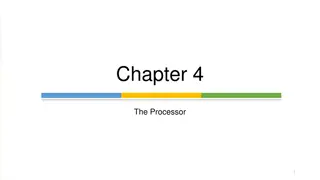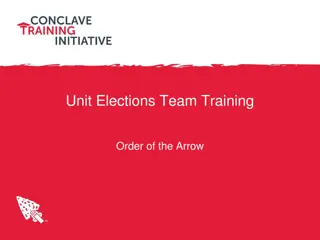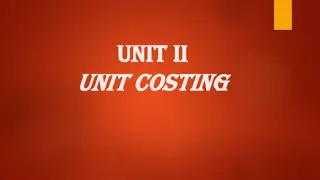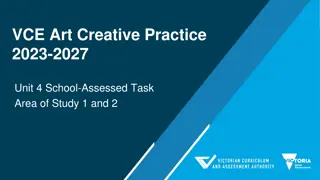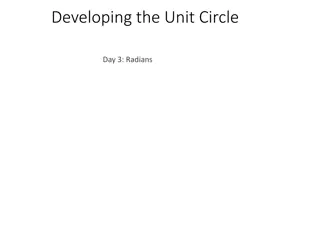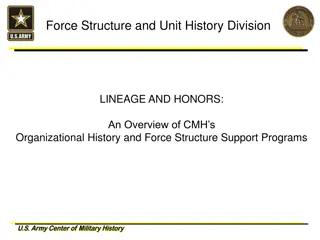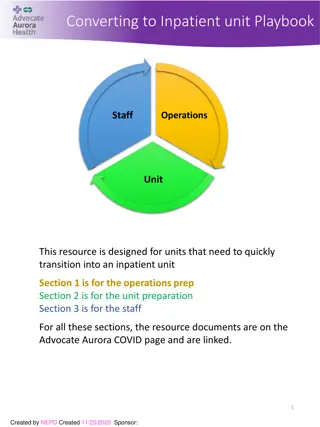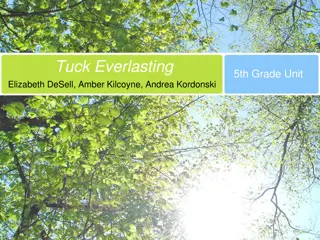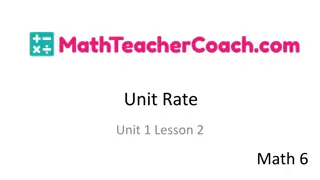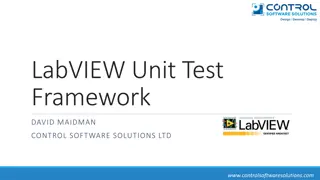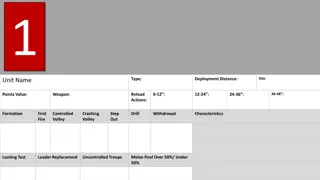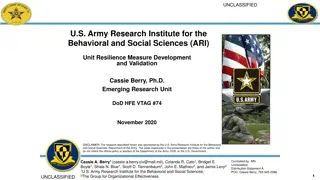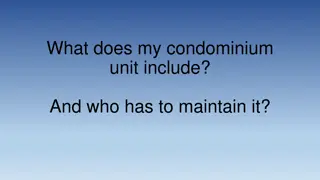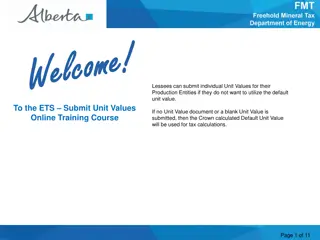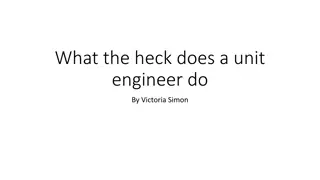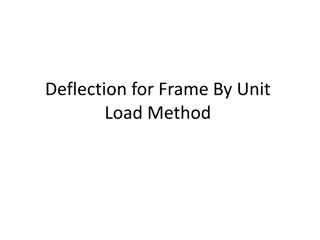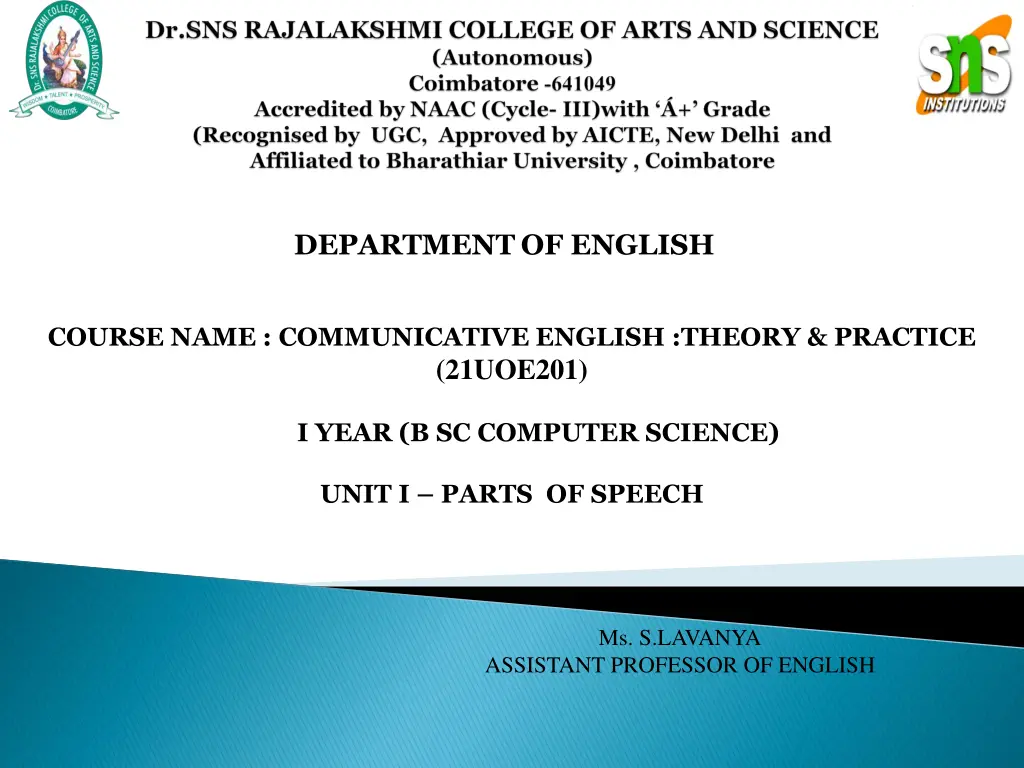
English Grammar: Parts of Speech & Writing Competence
Explore the fundamentals of English grammar, including parts of speech like nouns, verbs, adjectives, adverbs, and more. Enhance your writing skills with topics on vocabulary, informal letter writing, descriptive writing, and soft skills development. Dive into theory and practice with a focus on communication and language proficiency.
Download Presentation

Please find below an Image/Link to download the presentation.
The content on the website is provided AS IS for your information and personal use only. It may not be sold, licensed, or shared on other websites without obtaining consent from the author. If you encounter any issues during the download, it is possible that the publisher has removed the file from their server.
You are allowed to download the files provided on this website for personal or commercial use, subject to the condition that they are used lawfully. All files are the property of their respective owners.
The content on the website is provided AS IS for your information and personal use only. It may not be sold, licensed, or shared on other websites without obtaining consent from the author.
E N D
Presentation Transcript
DEPARTMENTOF ENGLISH COURSE NAME : COMMUNICATIVE ENGLISH :THEORY & PRACTICE (21UOE201) I YEAR (B SC COMPUTER SCIENCE) UNIT I PARTS OF SPEECH Ms. S.LAVANYA ASSISTANT PROFESSOR OF ENGLISH
UNITS TOPICS Unit I Functional Grammar Parts of Speech & its sub-types Noun, Pronoun, Verb, Adjective, Adverb, Preposition, Conjunction, Interjection Vocabulary Vocabulary (General & Technical), Word formation (Prefix & Suffix), One- Word Substitution, Phrasal verbs, Connotation and Denotation, Synonyms, Antonyms, Homophones, Homonyms, Homographs, Idioms Writing Competence Informal Letter Writing, Descriptive writing, Barriers to Communication, Non- Verbal Communication Soft Skills Empathy, Intrapersonal Skills, Interpersonal Skills, Problem-solving Skills, Reflective Thinking, Critical Thinking, Negotiation Skills Lab Theory Listening to a story and answering the questions, Self Introduction, Group Discussion, Mock Interview, Resume Writing Unit II Unit III Unit IV Unit V
Noun Name of the person, Place or thing Verb Tells about the action or State of being Adjective Describes or modifies the information about noun or Adding something to noun. Adverb Modifies or describes the information about verb or adding something to verb Pronoun Using instead of noun or replaces noun Preposition Placed before noun to show its relation to the other Conjunction Which joined together sentences or words Interjection Express particular emotion or sentiment
Name of a place, person or thing. Ex: Ravi, The Nile, The Himalayas, The chair There are main 5 types of noun. Proper Noun - Name of a particular person, place or a thing. Ex: Chennai, The Nile Common Noun - A name given in common to all person, place or thing. Ex: Student, boy Collective Noun - Group of persons, places and things. Ex : Crowd, Fleet, Cattle. Abstract Noun Denotes feelings, emotion, idea which can only be felt. Ex; Honesty, Sorrow. Material Noun Name of material or substance. Ex : Gold, Silver, Wood
Tells about the action, a state of being or existence Ex: Like, Run, Walk Types of Verb Transitive Verb Intransitive Verb Auxiliary and Modal auxiliaries Transitive Verb A verb which has an object Ex: Madhu likes mangoes What Madhu likes? I know him Whom I know? Intransitive Verb A verb which has no object Ex: The Old man sat Thewater is boiling
Auxiliary Helps other verbs to form tenses than the simple past and present Be form Am, Is, Are, Was, Were Have form Has, Have , Had Do form Do, Does, Did, done Ex: He is leaving the place I am having a cup of tea Modal Auxiliaries Can, Could, Shall, Should, Will, Would, May, Might, Must, Ought to, Need to, Have to Ex: You may choose what you want. I have to go college. I can do this.
Describes or modifies information about noun or pronoun or adding something to noun Ex: The little girl has a pink hat. The beautiful princess is wearing a purple frock. Types of adjectives Descriptive Adjective 1. Quantitative Adjective 2. Demonstrative Adjective 3. Distributive Adjective 4. Interrogative Adjective 5.
Descriptive Adjective shows the quality, kind or condition of the noun. Ex : Kamal is a good athlete. He is my evil brother. Quantitative Adjective shows how much of a thing is meant. Ex : He drinks little water He had to pay the whole amount. Demonstrative Adjective points out which person or thing is referred to. Ex: This room is bigger than that Those pictures are lovely.
Distributive Adjective refers to each one of two or more persons or things taken in separate. Ex : Each man has to sign this document. Interrogative Adjective What, Which, Whose and When are used with nouns to ask questions. Ex: What kind of man he is? Whose signature is this?
Modifies or describes or add something to the meaning of a verb. Ex : I ate my lunch quickly. Types of Adverbs Adverb of Time Adverb of Place Adverb of Number or Frequency Adverb of Manner Adverb of Quantity Adverb of Reason Adverb of Affirmative or Negation 1. 2. 3. 4. 5. 6. 7.
Adverb of Time which answers the question WHEN, HOW LONG When Very late, tomorrow Ex : He came very lately I shall go there tomorrow Adverb of Place which answers the question WHERE Ex : He lives there Where There, no where I found him no where Adverb of Number or Frequency which answers the question HOW OFTEN How often - always Ex : You are always welcome -
Adverb of Manner which answers the question HOW Ex : I was terribly busy. I was pleasantly surprised. How terribly, pleasantly Adverb of Quantity which answers the question HOW MUCH Ex : They were fully prepared. - How much - Fully Adverb of Reason - if it is raises the question (WHY) Ex : Therefore, they decided to postponed the meeting. Hence, I am unable to help you now.
Adverb of Affirmative or Negation If the sentence concludes with a positive Affirmative If the sentence concludes with a negative Negation Ex : He is certainly right (Positive) I am not going to that place (Negative)
Instead of noun Avoid repetition Ex: I, WE. YOU, THEY, HE, SHE, IT I want her to dance with me Types of Pronoun 1. Personal pronoun 2. Possessive Pronoun 3. Demonstrative Pronoun 4. Distributive Pronoun 5. Interrogative Pronoun 6. Emphatic Pronoun 7. Relative Pronoun 8. Reflexive Pronoun 9. Indefinite Pronoun 10. Reciprocal Pronoun
Personal Pronoun Substitutes the persons name Ex : I, We, You, They, He, She, It Subjective Me, Us, You, Them, Him, Her,It Objective They went to park Leela came to meet her Possessive Pronoun stands for showing the possession or ownership Ex : Mine, Yours, Hers, Its, Hims, Ours, Theirs The letter is yours Demonstrative Pronoun Which directly points out the object Ex : This car belongs to me These are my certificates
Distributive Pronoun - refers persons or things in particular taken as one at a time. Ex : Each boy was given a medal. Interrogative Pronoun ask the questions about the noun - who, what, which, whom & whose Ex : Who goes there? Which is your friend? Emphatic Pronoun - emphasizes on the action of the subject Placed immediately after the noun or Pronoun Ex : I myself will take you there.
Relative Pronoun refers to relates to some noun or pronoun which are antecedents. Ex : I saw a beggar who was deaf and dumb. Reflexive Pronoun used as the object of a verb turns the action of the verb back upon the subject itself. Ex : He hurts himself She killed herself Indefinite Pronoun do not refer to any person or thing in particular but used in a general way Ex : Some are lucky, others are not Nobody came to meet us.
Reciprocal Pronoun Each other & another - they express a mutual or reciprocal relationship Ex : They gripped each other s hand
A word which joins sentences or words together Ex : John and Mary got married. Coordinating Conjunction and, but, or, for, yet, so Examples : I go to park every week for to watch ducks. He played well and won the match I always take a book to read, Yet i never seem to turn a single page. 1. 2. 3.
Subordinating Conjunction connects a noun clause or an adverb clause to some other clauses. Whether, if, when, where, why, how Ex : I don t know whether he will come I don t care if he comes or not Co-relative Conjunctions used in pairs. Either ..or He is either a fool or a madman Neither .. Nor He is neither a fool nor a madman Not...but It is not first tare but reasonably good. Not only..but also Not only Ram, but also Shyam got medal. Though...yet Though he worked hard, yet he could not pass 1. 2. 3. 4. 5.
Whether... Or I dont know whether I should stay or not Both..and Both Ram and Shyam spoke at the meeting. As...so He is not so bad as you say So....that The task is so difficult that one man alone can t do it. Such...that I have such a regard for him that I will do anything for him Such ...as You must give such an assurance as will satisfy the people. 1. 2. 3. 4. 5. 6.
A word placed before a noun or pronoun to show its relation to some other word in a sentence. Place Across, At, Behind Ex : He ran across the road. He stood behind the door Time At, Before, for, Till Ex : He came at 6 o clock. You must return before sunset. He stayed for a month.
Method & Manner By, With Ex : It came by post. He fought with courage. Reason & Purpose With, Of, For Ex : He struggled for freedom. He trembled with anger Possession of, with, by Ex : I saw a boy with red hair Delhi is the capital of India Direction & Motion Into, towards, up, around Ex : He fell into the well She walked towards the market.
Beside, Besides Ex : The house was beside the river (by the side of river) He plays Tennis besides basket ball and football (in addition to) Since from a point of time in the past present perfect tense Ex : He has been absent since Monday For refer to a period of time not a point of time Ex : I have been waiting here for two hours
Between refer two persons or things or any two of a large number or the speaker and a group of people. Ex : I have to choose between these two pictures. Among used with more than two people or things Ex : This is a custom which exists among the people. On used about things at rest He sat on the chair Upon about things in motion He jumped upon the horse. In at the end of certain period The space ship will reach the moon in 3 days (at the end of 3 days) Within before end of a certain period The space ship will reach the moon within 3 days (before the end of 3 days)
Used to express a particular emotion or sentiment on the part of a speaker. Which expresses a sudden feeling & has no grammatical connection with the rest of the sentence. Ex : Hurrah ! We have won the match Hello ! What brings you here Alas ! We lost the match Oh ! That s terrible


